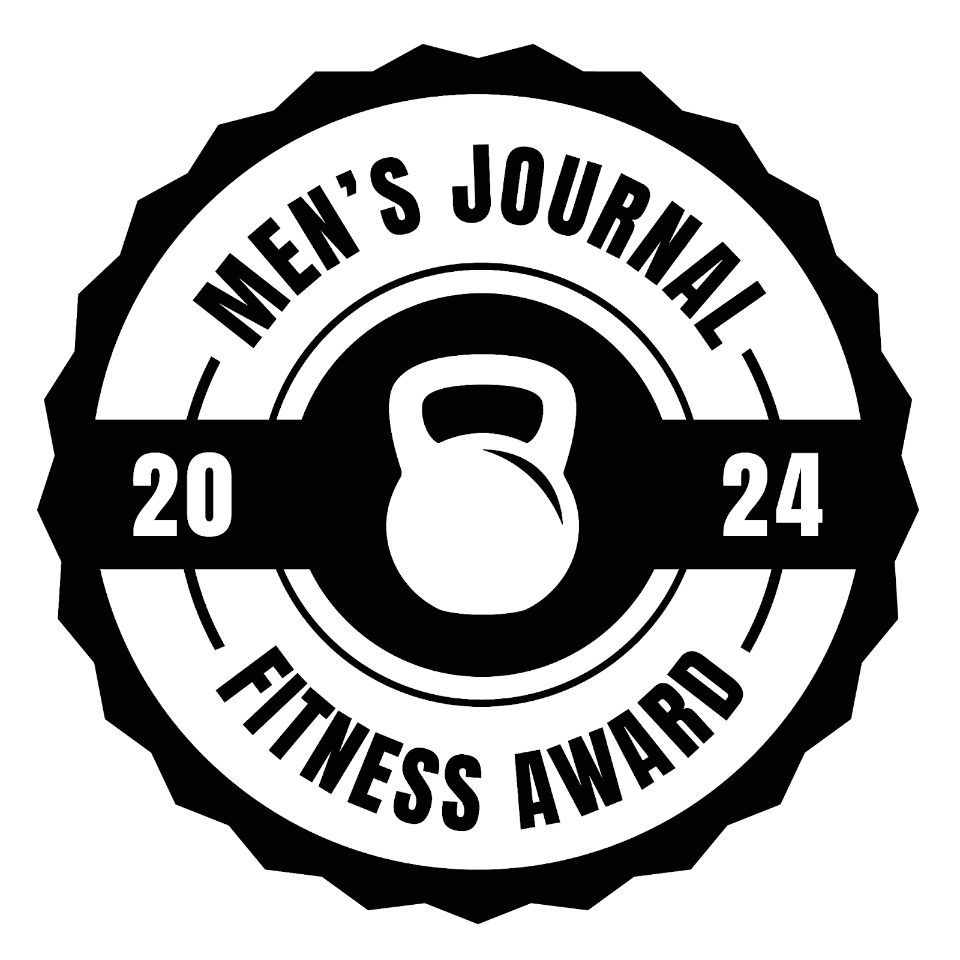For decades, the collective health wisdom regarding salt has held steady. Eat less of it for a long, healthy life. That’s why we see low-salt and no-salt options at the grocery store, and why a variety of health groups say we must limit our salt intake.
But those claims make it seem like salt is bad for us – which couldn’t be further from the truth. Rather, it’s excessive salt that is harmful for our health.
In moderation, salt is an important electrolyte in the body. Our bodies use salt for a variety of cellular functions, for regulating fluids and for cardiovascular functions. If you gave up salt completely, you would eventually develop a salt deficiency.
How Do We Lose Salt?
During intense exercise or work lasting more than an hour, the body loses salt so quickly that it becomes difficult to replace with foods and beverages, which is the way we normally take in electrolytes. As noted author Gary Taubes recalls his experience during summer football practice in high school, "Without salt pills, I couldn’t make it through a two-hour practice; I couldn’t walk across the parking lot afterward without cramping."
When we’re sick, we’re also losing salt very quickly. During severe and prolonged episodes, it can be difficult for us to maintain sodium in the body.
But how much salt is too much? How much is too little?
It depends on who you ask. Many U.S.-based health organizations, for instance, say American adults need to reduce the amount of salt they eat. The American Heart Association, the USDA and the CDC all recommend we consume between 2,300 and 1,500 milligrams of sodium. Anything over that is excessive, they say.
Yet, on average, Americans eat about 3,400 milligrams per day, (based on the standard American diet) and currently, it’s estimated that just 1 percent of US adults eat the AHA-recommended 1,500 milligrams or less. Americans that consume fast-food likely receive 2-3x the USDA and CDC recommended daily sodium intake. These groups recommend sodium restriction, because the science shows that excessive amounts of salt can increase blood pressure, and risk for heart disease and stroke.
The controversy arises when you ask, “How much is too much?” But also, is it possible to eat too little salt?
A Healthy Range for Salt Intake
Do we really need to cut our salt intake by half? One recent study says no. A Canadian research team found that there was a healthy range for sodium intake of about 3 to 6 grams per day for healthy adults. That’s more than double the USDA’s recommended levels.
The researchers found that above 6 grams of salt, the risk for high blood pressure and heart disease increased. But a similar risk increase was observed when people ate less than 3 grams per day. Of course, this was just one example; if a doctor has told you to limit sodium, you should adhere to these recommendations.
But the study does cast a doubt on the collective wisdom.
In fact, it’s well known that limiting sodium can have an adverse effect called hyponatremia – or low blood sodium. This is particularly true for endurance athletes. Hyponatremia is experienced by up to 30 percent of endurance athletes, following marathons and triathlons. For these athletes, limiting sodium can cause a deficiency during intense exercise.
What’s the Bottom Line?
Our bodies are designed to regulate sodium. Along with glucose, it serves as a transporter of water into the bloodstream to keep us hydrated during prolonged exercise, illness, or everyday life. When we eat too much, our kidneys excrete it more quickly. If we don’t consume enough, we conserve sodium. So do we need to limit our sodium intake? It depends. People with high blood pressure and at risk for heart disease may benefit from limiting the amount of sodium they consume. But for healthy adults, following a balanced, whole foods diet – rather than restricting sodium – will help them stay within an ideal range.














